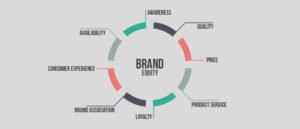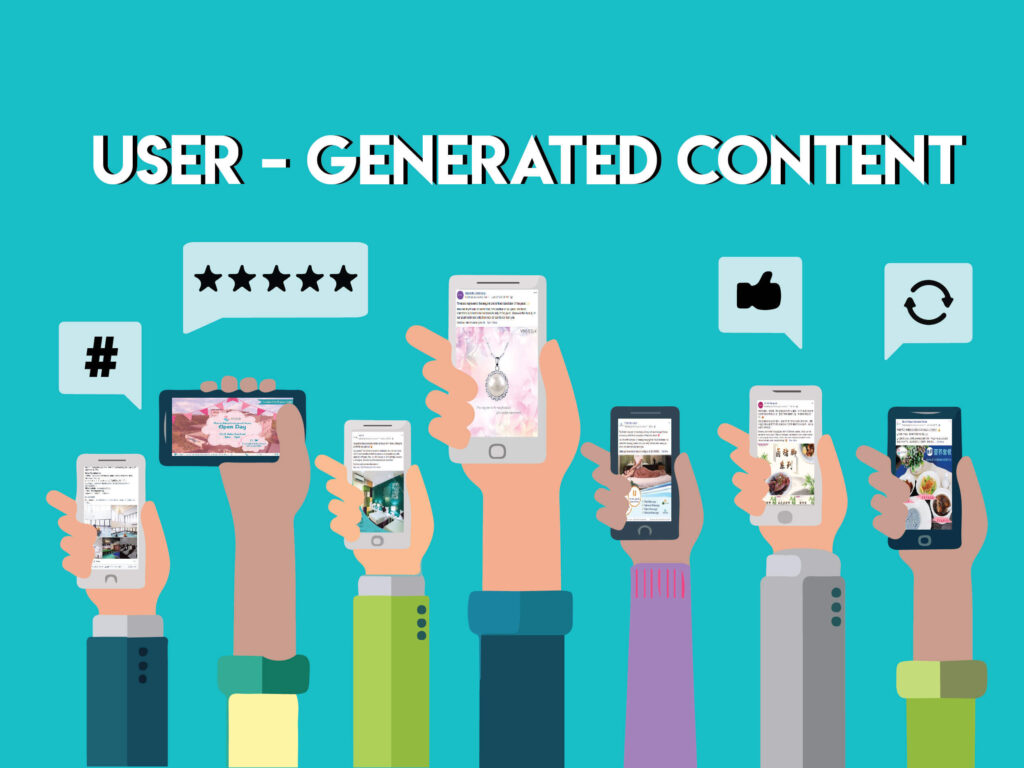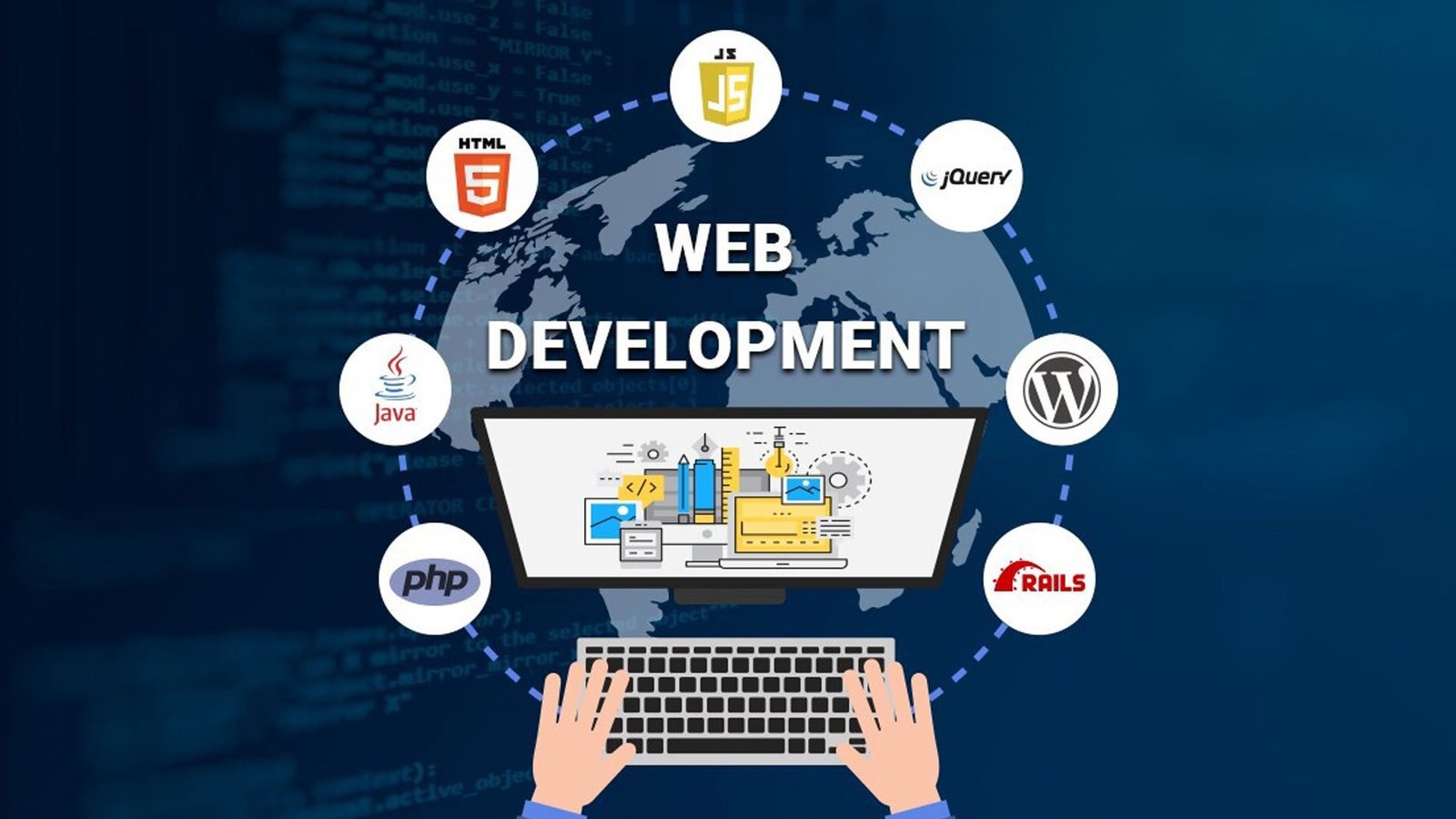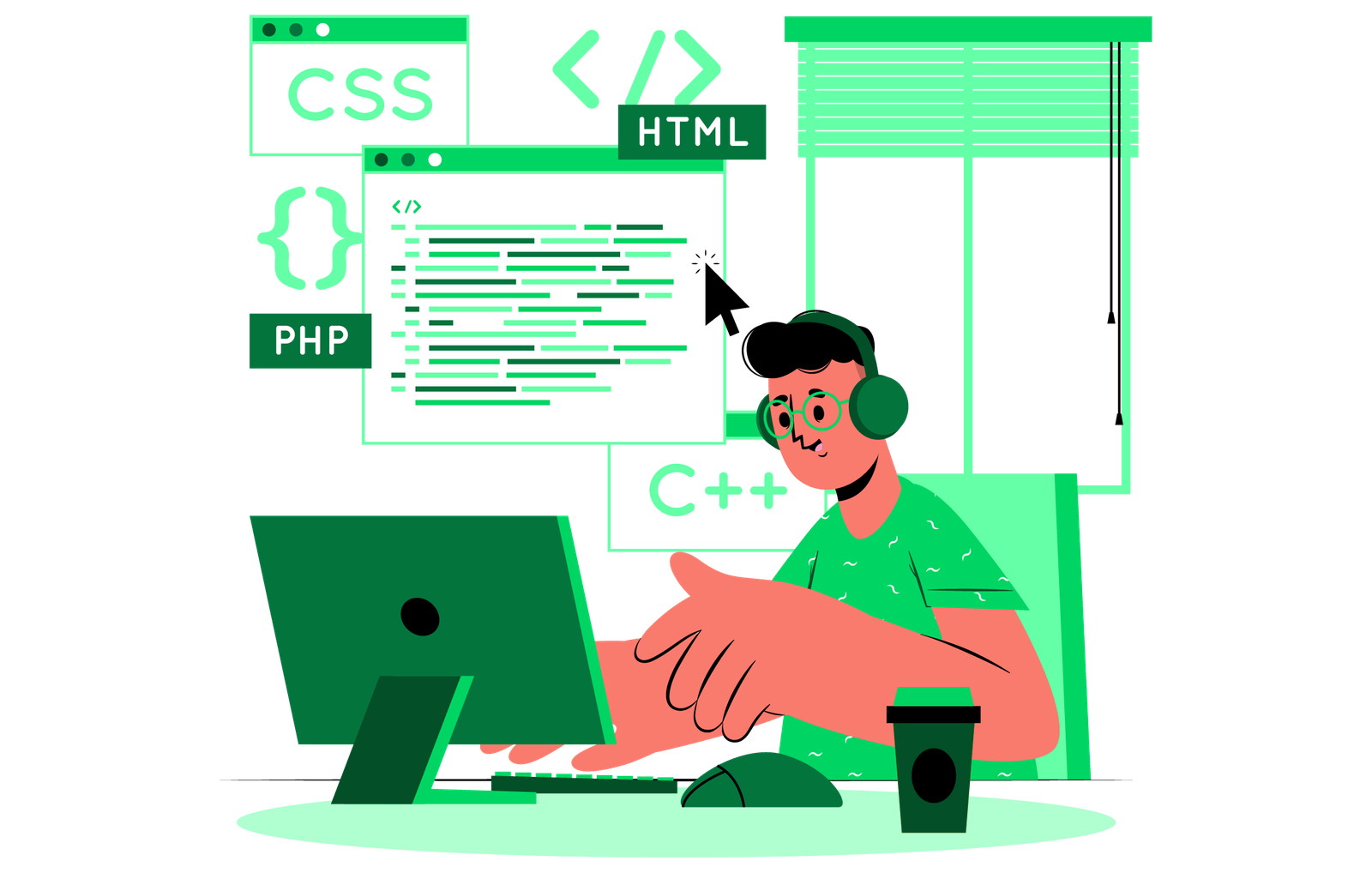In today’s digital age, social media has become an integral part of our daily lives. With billions of users worldwide, platforms like Facebook, Twitter, Instagram, and LinkedIn have transformed the way we connect, share information, and interact with businesses. As a web developer, understanding the role of social media integration in web development is crucial to creating engaging and successful online experiences. In this blog post, we will explore the significance of social media integration, its benefits, and best practices for effectively incorporating social media into web development projects.
Enhancing User Engagement
Social media integration offers numerous opportunities to enhance user engagement on websites. By incorporating social media elements, such as social sharing buttons, social login options, and embedded social media feeds, web developers can facilitate seamless interaction between users and websites. These features enable users to share content, comment, and interact with others, fostering a sense of community and promoting user-generated content. As a result, websites become dynamic, interactive platforms that encourage active participation and increased time spent on the site.
Amplifying Reach and Brand Exposure
Integrating social media into web development opens doors to exponential brand exposure and wider reach. By allowing users to share website content across social media platforms, web developers can tap into the vast networks of their audience, effectively turning them into brand advocates. When users share website content with their connections, it not only extends the reach of the content but also drives traffic back to the website. This viral effect can significantly boost brand visibility, attract new visitors, and potentially generate leads or conversions.
Driving Traffic and SEO Benefits
Social media integration can also have a positive impact on website traffic and search engine optimization (SEO). When users share website content on social media, it generates inbound links, which are valuable for SEO. Search engines perceive these links as a vote of confidence, increasing the website’s authority and search rankings. Additionally, by consistently sharing website content on social media, businesses can drive ongoing traffic to their website and increase the chances of attracting organic search traffic. Thus, social media integration and SEO efforts work hand in hand to improve online visibility and drive relevant traffic.
Seamless User Experience and Social Proof
Integrating social media into web development can create a seamless user experience by allowing users to log in or register using their social media accounts. This eliminates the need for users to create new accounts or remember additional login credentials, reducing friction and improving conversion rates. Furthermore, displaying social media feeds or testimonials on websites provides social proof, reinforcing the credibility and trustworthiness of the brand. By showcasing real-time social media content or user feedback, businesses can build trust, increase conversions, and strengthen their online presence.
Leveraging User-generated Content
Social media integration empowers web developers to harness the power of user-generated content (UGC). By integrating social media feeds or user-generated reviews, businesses can showcase authentic experiences and encourage user participation. UGC adds credibility and authenticity to a website while building a sense of community and trust among users. Additionally, UGC can serve as valuable social proof, influencing potential customers’ purchasing decisions.
Harnessing Social Media Advertising
Beyond social media integration on websites, web developers can explore the realm of social media advertising to further enhance their digital presence. Platforms like Facebook and Instagram offer robust advertising solutions that allow businesses to target specific audiences based on demographics, interests, and behaviors. By integrating social media advertising pixels or tracking codes into websites, web developers can gather valuable data on user behavior, conversions, and campaign performance. This data can inform future web development decisions and help optimize marketing efforts.
Social Media Integration for E-commerce
For e-commerce websites, social media integration presents significant opportunities to drive sales and improve the overall shopping experience. Web developers can integrate social media “buy” buttons directly on product pages, enabling users to make purchases without leaving the website. This seamless integration simplifies the buying process, reduces friction, and can lead to higher conversion rates. Additionally, showcasing user-generated content, such as customer reviews or social media posts featuring products, can create social proof and increase confidence in purchasing decisions.
Social Media Integration for Content Sharing
Content-driven websites, such as blogs or news platforms, can leverage social media integration to enhance content sharing and distribution. Web developers can incorporate social sharing buttons on individual articles or blog posts, allowing readers to easily share valuable content with their social networks. This not only increases the reach and visibility of the content but also drives traffic back to the website. Implementing Open Graph tags or Twitter Cards can ensure that shared content appears correctly and attractively on social media platforms, optimizing the presentation and encouraging engagement.
Social Media Analytics and Insights
Web developers can utilize social media analytics tools to gain insights into user behavior, engagement, and audience demographics. By integrating analytics tracking codes into websites, developers can monitor the effectiveness of social media integration and track the impact on key metrics, such as page views, conversions, and user engagement. These insights can inform decision-making, content strategy, and future optimizations, helping businesses better understand their audience and tailor their web development efforts accordingly.
Privacy and Data Protection Considerations
When integrating social media into websites, web developers must prioritize privacy and data protection. It is essential to adhere to privacy regulations, such as GDPR or CCPA, and clearly communicate how user data will be collected, stored, and used. Implementing secure protocols, SSL certificates, and encryption methods ensures the safe transmission of user information. Web developers should also regularly review and update privacy policies to reflect any changes in data handling practices or third-party integrations.
Staying Updated with Social Media Platform APIs
Social media platforms often provide application programming interfaces (APIs) that allow web developers to integrate social media functionalities seamlessly. These APIs enable developers to access social media platform features, such as authentication, sharing, and displaying social media content. Staying updated with the latest API changes, documentation, and best practices ensures smooth integration and compatibility with evolving social media platforms.
Best Practices for Social Media Integration in Web Development
To maximize the benefits of social media integration, web developers should consider the following best practices:
a. Choose Relevant Social Media Platforms: Identify the social media platforms most popular among your target audience and integrate those platforms into your website.
b. Optimize Social Sharing: Implement social sharing buttons strategically on your website, making it easy for users to share content across their preferred social media networks.
c. Implement Social Login: Offer social login options to streamline the registration and login process, providing a frictionless user experience.
d. Maintain Visual Consistency: Ensure that the visual elements of integrated social media components align with the overall design and branding of the website for a cohesive user experience.
e. Test and Monitor Performance: Regularly monitor the performance of integrated social media features, track user engagement, and make data-driven optimizations to improve results.
Social media integration plays a crucial role in web development by enhancing user engagement, amplifying brand exposure, driving traffic, and fostering a seamless user experience. By effectively incorporating social media elements into websites, businesses can leverage the power of social networks, connect with their audience, and drive business success. Web developers who prioritize social media integration are well-positioned to create compelling online experiences that captivate users, build brand loyalty, and achieve their business objectives in today’s digital landscape.








